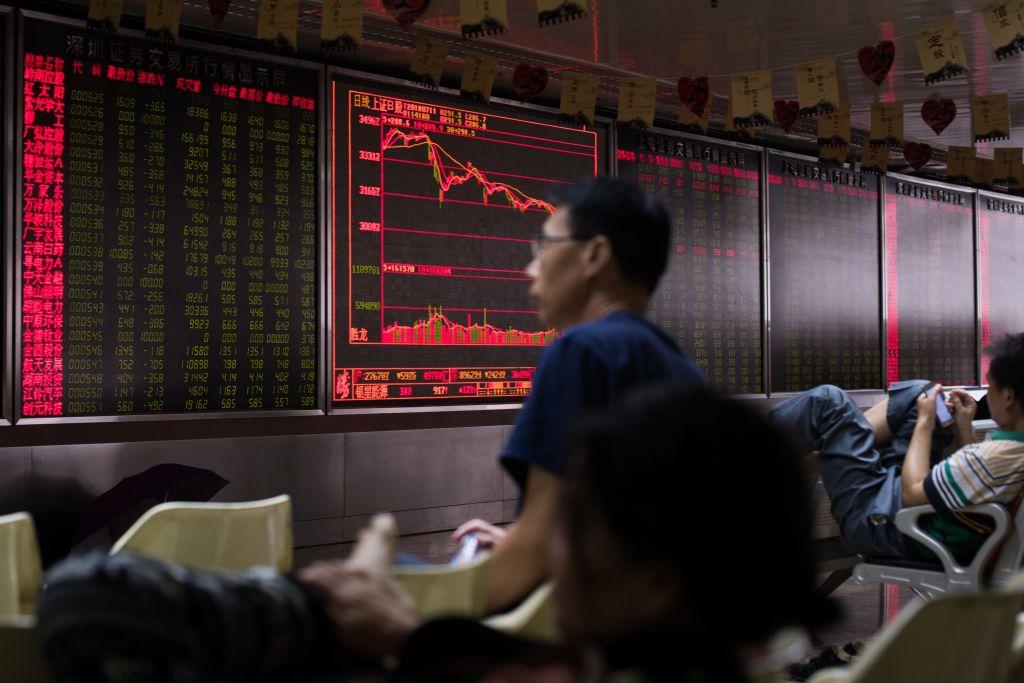News Analysis
While the United States and China are upping the ante in their ongoing trade dispute, so far the effects on the Chinese economy and financial markets have been far more pronounced than on the United States.

While the United States and China are upping the ante in their ongoing trade dispute, so far the effects on the Chinese economy and financial markets have been far more pronounced than on the United States.